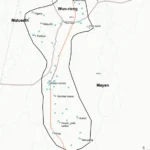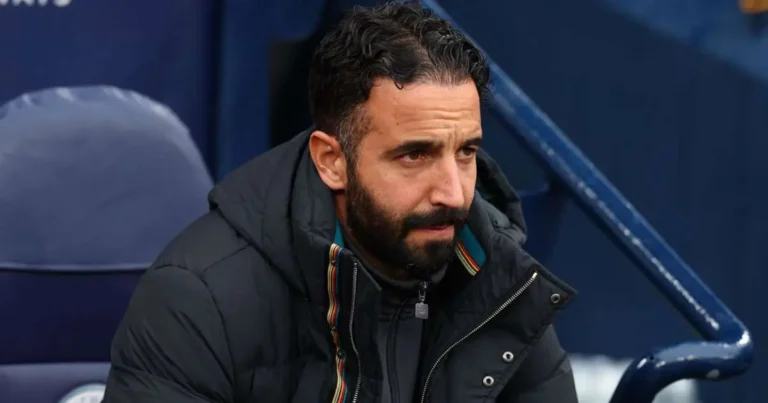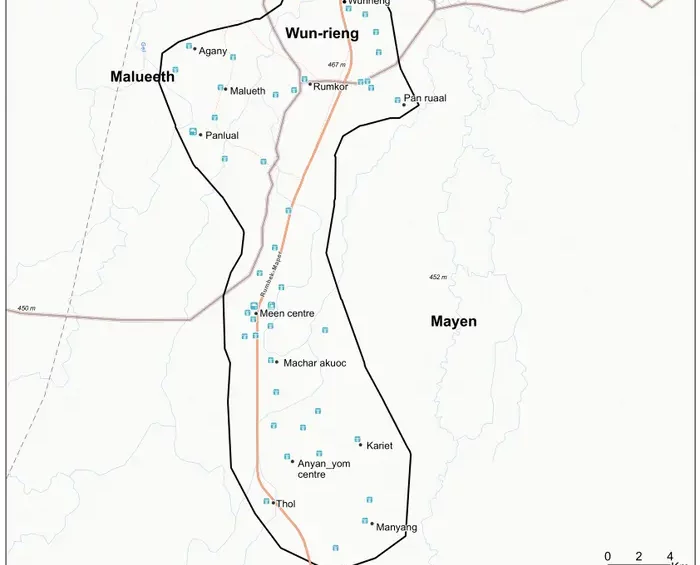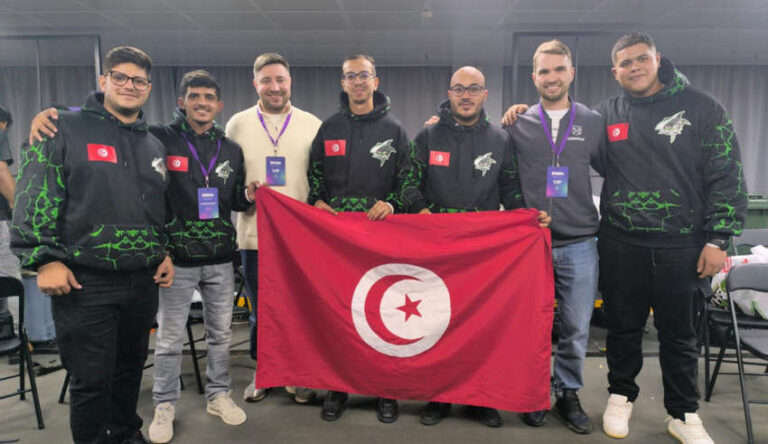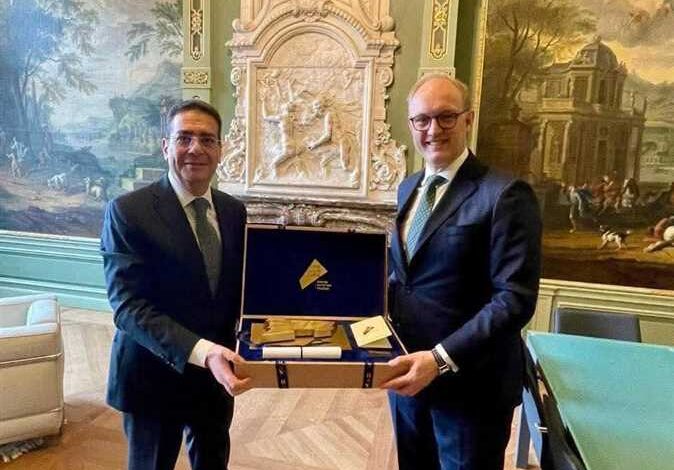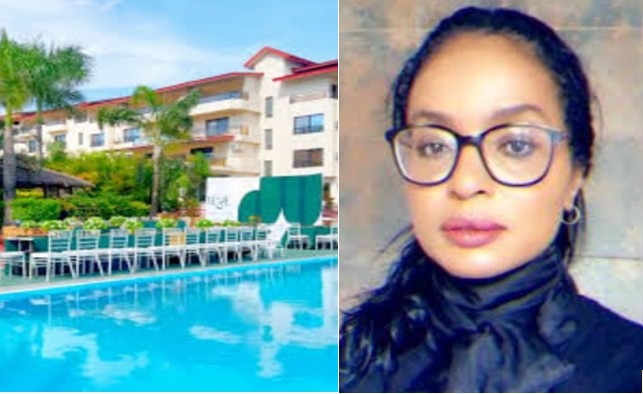
MONROVIA – Over 200 Liberian workers stood in tears outside the gates of the Colony Hotel this week, confused and jobless after the hotel was shut down by court officers. But behind this heartbreaking scene is a bigger story—one that many say reveals an unfair justice system that favors foreign interests over Liberian-owned businesses.
By Edwin G. Genoway, Jr. [email protected]
At the center of the controversy is Chief Justice Yamie Quiqui Gbeisay, who has been accused of overstepping his authority in a case that legal experts say should never have involved the Colony Hotel in the first place.
What Really Happened?
The Colony Hotel, a Liberian-owned business, has been legally operating in the heart of Monrovia since September 2020. It is owned by a Liberian woman who returned home with her uncle to invest in the country’s economy. They leased the property after a previous business, the Palm Spring Hotel, ended its agreement with the property owners in March 2020.
However, trouble began when the courts received a complaint from a Chinese national named Ding Shu Jun, also known as “Nancy,” claiming she was owed money from the Palm Spring Hotel’s former owner, Najib Kamand. Based on this old dispute, the Labor Court, under orders from Judge James B. Kollie, issued a Writ of Execution in October 2025—essentially ordering the closure of the Colony Hotel to collect money from Mr. Kamand, who hasn’t been involved in the property for over five years.
The Legal Mix-Up
Colony Hotel is not Palm Spring Hotel. They are two completely different businesses. In fact, back in July 2024, Colony Hotel already informed the court through a Bill of Information that they are not related to Palm Spring and should not be held responsible for that company’s debts.
Judge James E. Jones later reviewed all the evidence and ruled clearly that Colony Hotel was a separate entity and should not be affected by the Palm Spring case. He ordered that the hotel be left alone to operate freely. However, this decision seems to have been ignored.
The Chinese Connection
Court documents reveal that “Nancy” and her alleged boyfriend, a powerful Chinese national known as “Chinese Jack,” wanted the courts to collect $100,000 per month from Colony Hotel—even though the hotel had nothing to do with their case. According to sources inside the legal system, “Chinese Jack” is a close friend of Chief Justice Gbeisay.
Despite the court’s ruling in favor of Colony Hotel, Chief Justice Gbeisay allegedly stepped in, removed Judge Jones from the case, and instructed Judge Kollie to shut down the hotel within 48 hours unless $156,000 was paid.
Many legal observers are shocked. There was no appeal against Judge Jones’ decision, which means the ruling should have stood. Now, the hotel is closed, Liberian workers are jobless, and business investors are left questioning whether they are safe in their own country.
A Pattern of Favoritism?
This is not the first time Chief Justice Gbeisay has come under criticism for actions that appear to benefit foreign nationals. Reports suggest that he once ordered the release of another Chinese national, Michael Shio (also known as “Chinese Lawyer Michael”), after he allegedly tortured a Liberian citizen.
Some insiders say that these Chinese nationals receive special treatment from parts of Liberia’s judiciary system, while Liberians are left to suffer.
Calls for Justice and Reform
President Joseph Boakai, speaking just days ago at the opening of the Supreme Court session, emphasized the importance of justice and accountability. He promised to support reform in the judiciary and restore public trust. Chief Justice Gbeisay himself announced plans to clean up the courts, including new monitoring units, staff audits, and salary reviews.
But many now wonder: How can justice be trusted when court decisions protecting Liberian businesses are ignored?
The Bigger Picture
This case has sparked outrage among Liberians at home and abroad, especially those who are being encouraged to return and invest in rebuilding the economy. “How can I invest when I can’t trust the law to protect me?” one Liberian businesswoman asked.
With Liberia still working hard to recover from years of economic challenges, cases like the Colony Hotel closure send a dangerous message: that the legal system may not protect Liberian businesses from powerful outsiders—even when the law says it should.
The story is still developing, but one thing is clear: Liberia’s justice system is at a crossroads. Will the courts uphold their own rulings and protect local businesses, or will connections and power continue to outweigh fairness?
For the 200-plus Liberians now unemployed because of this court decision, and for the Liberian investor whose business is under attack, the answer cannot come soon enough.




